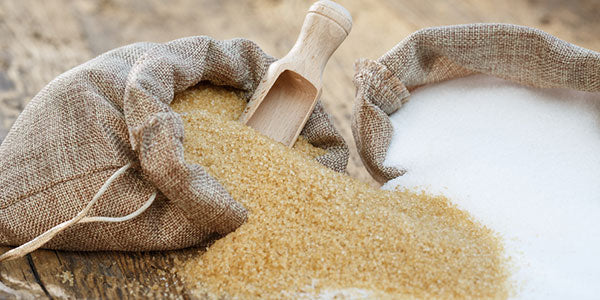
When paired together, a sugar high and caffeine surge would seem to be the ultimate energy duo. Although the initial energy boost is favorable, some individuals may experience fatigue and that notorious "afternoon slump." Despite their work as stimulants, sugar and caffeine consumption may be making you tired.
The Reality of Too Much Caffeine and Sugar
That cup of joe with cream and sugar is the first thing most individuals reach for in the morning. The caffeine specifically stimulates the central nervous system. Typically, within the first five minutes of coffee consumption, short-term effects of alertness, restlessness, and increased body temperature can arise. Although pairing the words 'caffeine' and 'tired' may seem contradictory, you may start to feel fatigued after the initial response starts to disintegrate. Furthermore, too much coffee or coffee intake after noon may even contribute to tiredness the next day. Withdrawing from coffee abruptly can also facilitate feelings of drowsiness.
Although the body does need forms of sugar for energy, too much table sugar has tremendous severe consequences. Along with weight gain and the development of chronic diseases, sugar highs can quickly lead to sugar lows. Conversely, the brain requires a supply of blood sugar (or glucose) for optimal functioning and too little sugar may be detrimental. In the case of sugar, there needs to be some sort of balance to prevent extreme fluctuations of energy highs and lows.
Recommended Intake
A limit of 400 milligrams (mg) per day is recommended for caffeine intake. To put into perspective, one 8-ounce cup of coffee contains approximately 100 mg of caffeine; so limiting the coffee cups to four is ideal. Sticking to suggested amounts can reduce side effects of irritability, restlessness, and potential fatigue.
According to the American Heart Association, added sugars should be limited to 6 teaspoons per day for women and 9 teaspoons per day for men. It is also important to understand the concept of natural sugars. Although they add a natural sweetness, they are not necessarily healthier. Natural sweeteners still do contain calories and should be used in moderation.
To avoid excessive sleepiness during the day, try sticking to the caffeine and sugar intake suggestions. Going beyond recommendations increases the risk of fatigue and bouts of tiredness. When it comes to chosen caffeinated beverages, limit the amount of added sugars despite the temptation. To reduce the effects of sugar highs, avoid concentrated sugars from candy and soda. Instead, reach for a fresh piece of fruit or a glass of milk, as they contain natural sugars along with other nutrients.
Reference:
Added Sugars. American Heart Association. Available at: http://www.heart.org/HEARTORG/HealthyLiving/HealthyEating/Nutrition/Added-Sugars_UCM_305858_Article.jsp#.Vt4vsMdlnVo.







